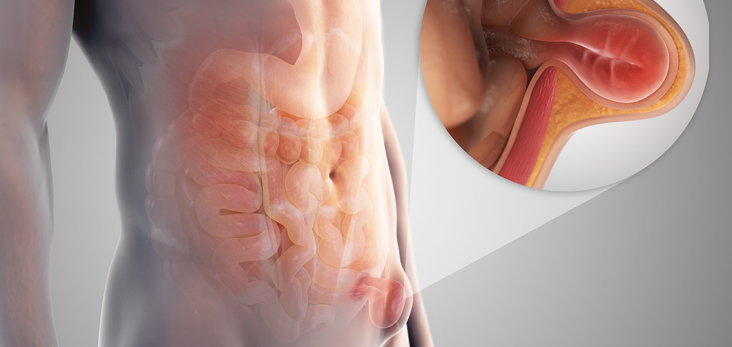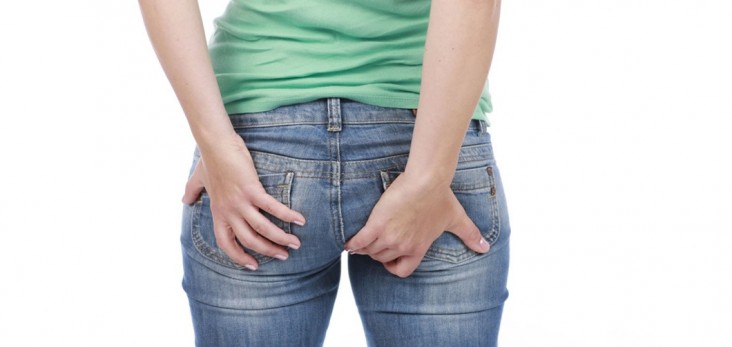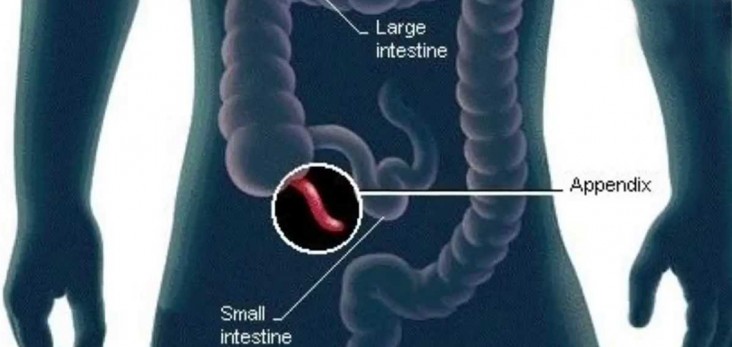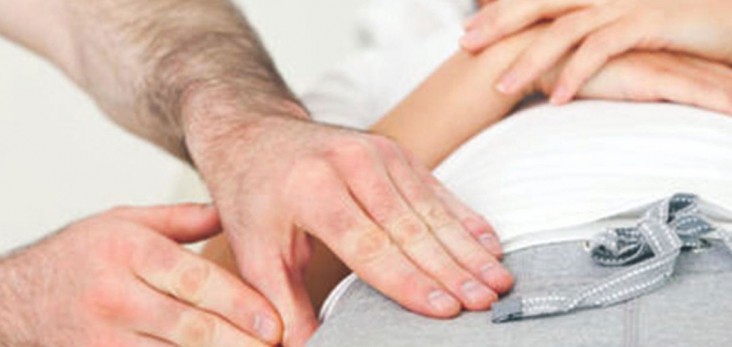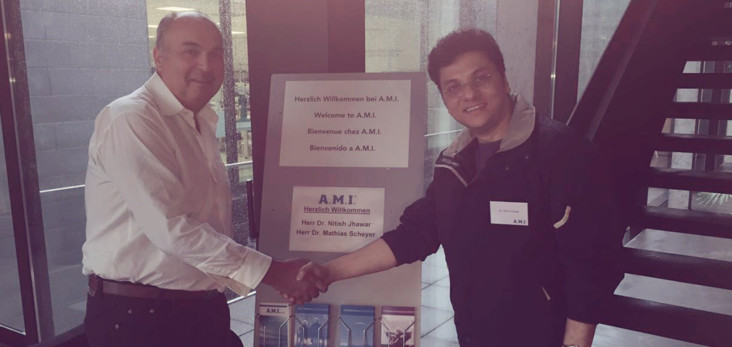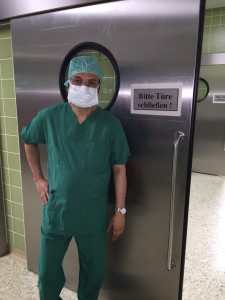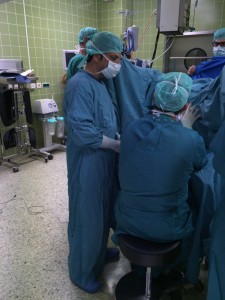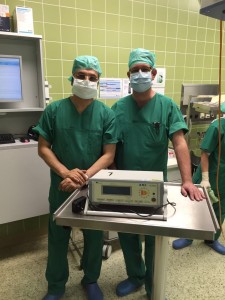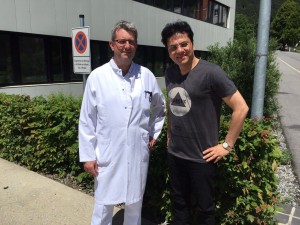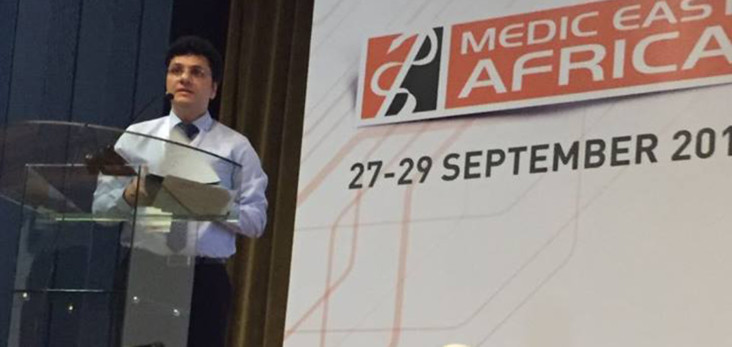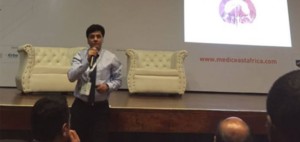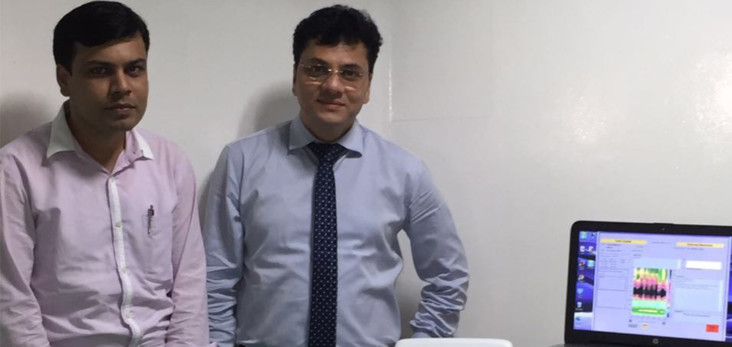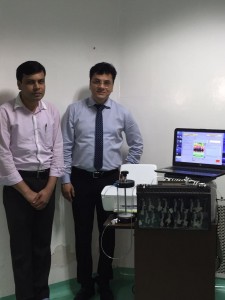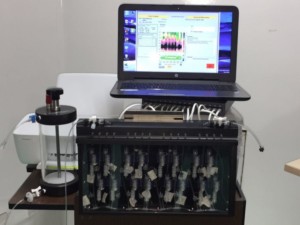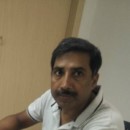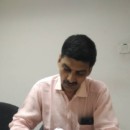An inguinal hernia occurs when tissue or portions from the intestine pushes through weak muscle walls in the groin area, causing a visible bulge. Surgery is usually required to treat it, during which the loop of intestine that has moved out is pushed back into the abdominal cavity and the weak muscle is repaired and sealed to avoid re-occurrence.
Laparoscopic inguinal hernia surgery is a minimally invasive surgical procedure requiring only a few incisions, usually less than an inch long. This type of surgery is today highly preferred as patients recover faster and experience lesser trauma and pain.
Guidelines for Post-Operative Care
Laparoscopic inguinal hernia surgery usually does not require long hospitalization, allowing patients to go back home early. However patients need to take precautions so as to aid the recovery process. Patients normally need 1 or 2 weeks to recover fully and the following are important things to keep in mind:
Diet:
There are no specific diet restrictions to be followed but since nausea or vomiting is often reported by patients in the first few days, small and light meals are recommended. High fibre diet helps avoid constipation.
Activity
After the inguinal surgery, light activity such as walking can be started immediately as it aids recovery however it is recommended to increase activity levels slowly. Strenuous activity such as heavy lifting must be done only 3-4 weeks post the surgery.
Feeling of fatigue is common in the first few days, it is hence advised that patients must keep their activity levels to the extent that is comfortable.
Pain management
Feeling of soreness and some pain is normal although the level of pain varies from person to person. Painkillers are prescribed to the patient for managing this pain in the immediate postoperative period. Application of ice packs can also help with pain around the site of the surgery
There might also be some discomfort in bowel movements arising from the medication. Diet supplements such as milk of magnesia or yogurt can be used to alleviate this.
Care of Surgical incisions
The incisions made during the surgery need to be treated till they heal. Band aids placed on the incisions can remain for 24 -48 hours and some amount of blood on them is normal in the first day. Mostly the sutures taken are dissolvable and wounds are covered with water proof dressings. patients can take bath immediately after the discharge from the hospital . Band aids on the wounds must be removed during the shower and replaced only after the wound has dried thoroughly. Tub baths, pools etc are to be avoided for one week.
Returning to Work
This typically depends on the pace of recovery of the patient. At the minimum doctors recommend spending less than a week in rest to aid the recovery process.
When to reach out for help
Patients must contact their health care provider in case of following symptoms as they might indicate complications:
- Severe pain or persistent nausea
- Chills and high fever
- Significant amount of bleeding
- Redness or swelling at the site of the surgery





